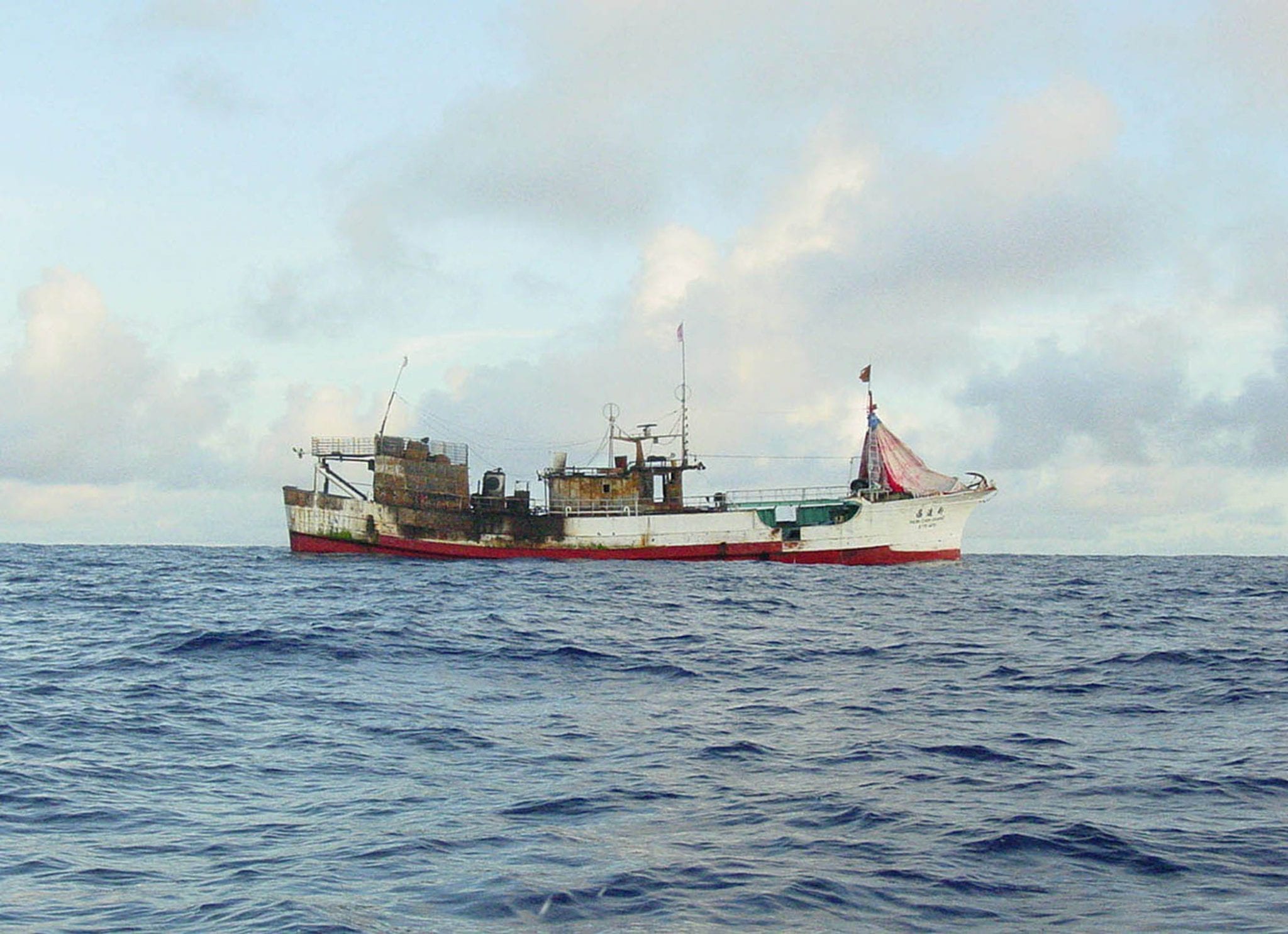
Distant Water Fishing Fleets – Preventing Forced Labour and Trafficking
Distant water fishing is a lesser-known, lesser-scrutinised area by brands, investors, and consumers, and yet it engenders human rights risks across major global supply chains.
International brands, and the investors who finance them, have a responsibility and significant role to play in helping to prevent exploitation of workers and environmental degradation in international supply chains. In fact, they may suffer reputational, financial, legal, and operational risk should they fail to do so. Increased scrutiny by governments – including transparency clauses in modern slavery legislation covering brands and investors – further makes action to prevent forced labour an imperative.
On 1st June 2020, IHRB’s Leadership Group for Responsible Recruitment and the Investor Alliance for Human Rights, co-hosted a virtual discussion, featuring findings from investigations by Greenpeace Southeast Asia and Greenpeace East Asia, that examined how investors, international brands, suppliers, and civil society groups can work together to prevent exploitation and ensure best practice.
Unfortunately a technical error on the webinar platform Livestorm caused the event recording to be unuseable, but a transcript of the discussion was salvageable and made available to capture the details of the rich discussion.
Read the transcript here.
